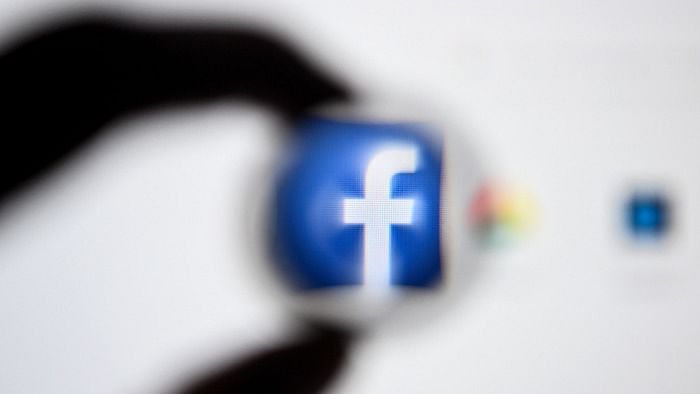
As Facebook India's senior representatives appeared before Delhi Assembly's Committee on Peace and Harmony on Thursday, the committee alleged that during the northeast Delhi riots in February 2020, the social media giant did very little to stop the spread of fake news and hate posts on its platform.
The Assembly panel has asked the Facebook India's representatives to provide a detailed report on the measures taken by the organisation to control the hate content before and after the violence.
"It has been observed and emphasised by the Supreme Court also that hate content online impacts the actual life of the masses. The same was witnessed during February riots when unverified, hate contents were shared widely on Facebook. What did Facebook do to control such content?
"Provide a detailed report of the content complaint, starting from one month before the Delhi riots to two months after February 2020 and what actions did Facebook take to curb them," Committee's Chairman Raghav Chadha told Facebook.
In response, Facebook India's Public Policy Director told the Delhi Assembly's panel that human reviewers and artificial intelligence proactively remove offensive material from Facebook, but these tools are not always perfect,
"Offensive material is proactively removed from the platform by employing Human Reviewers and Artificial Intelligence (AI), together," Shivnath Thukral said answering Committee Chairman Raghav Chadha's question over how Facebook India keep a check on hate content on its platform.
However, he acknowledged that these tools are not always perfect and there is still scope of improvement.
Delhi Assembly's committee had sent a summon to the social media giant in the month of October to send its senior representative to appear over the northeast Delhi riots before the panel on November 2.
The panel's aim was to focus on social media platform's role in curbing false and malicious messages that could cause disharmony in the society.
Thukral further told the panel that Facebook India ties up with independent fact checking agencies who filters the misinformation for them.
"Facebook India hosts 20 languages but has a system which covers only 11 languages out of those 20," the senior representative said, answering the committee's question over how many languages the social media platform hosts and whether it has proficient fact-checkers for all of them.
"The Supreme Court has emphasized the dire need for examining the role of social media platforms to curb falsehood, spread of false news, provocative, malicious messages as well as organised crime which can fan violence and communal disharmony," Chadha said, before proceeding the hearing.
The Committee specifically enquired about the hierarchy and organisational structure of the Facebook India, saying that a social media platform as big as Facebook can be extremely pivotal in diffusing the violent situations in a diverse and multicultural society as India.
Facebook, now Meta, has 1 billion users across the world. Of those, at least 400 million users are from India, thus accounting for 40 per cent of the total number of users worldwide.
Responding to the Delhi Assembly panel's summon, Facebook India had sought an extension of 14 days to prepare.
On November 16, Facebook India finally agreed to send its two senior representatives -- Shivnath Thukral and GB Anand Bhushan, before the committee on Thursday.
The Committee on Peace and Harmony was constituted after the northeast Delhi riots took place in the month of February 2020 over the Citizenship Amendment Act.
The time of violence coincided with then US President Donald Trump's maiden trip to India.
Over 50 people had died in the riots. One-third of them belonged to a minority community. Several viral posts over social media, mainly on Facebook, added fuel to the fire.
Check out the latest DH videos: